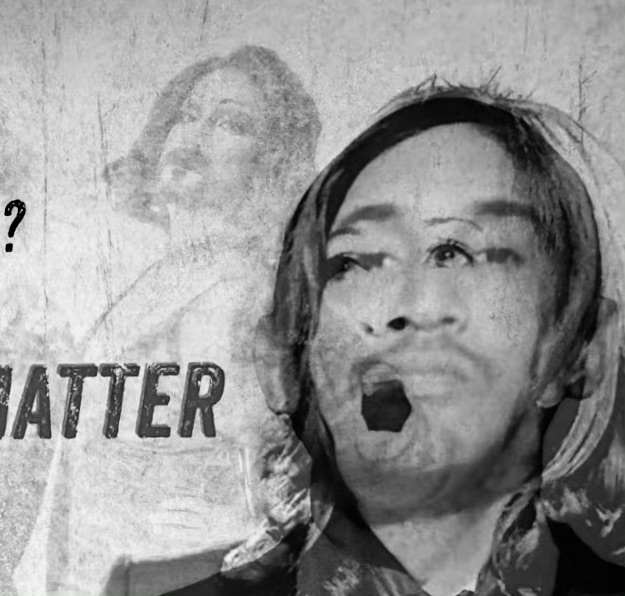MONTGOMERY, Ala. — A recent flyer distributed by the Alabama Republican Party in the state’s 2nd Congressional District has sparked controversy with messaging that targets transgender rights, drawing backlash from LGBTQ+ advocates and political analysts who call it a disturbing and outdated tactic of political division. The flyer, aimed at mobilizing conservative voters, promotes opposition to trans-inclusive policies, framing these policies as harmful to children and family values.
The flyer’s release has been met with criticism from Democrats, civil rights groups, and LGBTQ+ advocates who argue that it unfairly singles out a vulnerable minority group for political gain. Such messaging is not new; political experts note that similar tactics have historically been used to stoke fears and shift focus onto social issues, rather than addressing pressing policy needs. By targeting transgender individuals and issues around gender identity, the Alabama GOP is playing into a wider national trend, with similar messages being amplified in swing states and key districts.
The tactic of targeting minority groups has been frequently used in American politics, especially during election cycles. In recent years, Republican candidates and organizations have increasingly focused on LGBTQ+ rights—particularly transgender issues in schools, sports, and healthcare—as part of their broader messaging. Such campaigns often frame these issues in language that suggests societal or moral risk, a strategy analysts say is intended to energize conservative voters who may feel threatened by rapid social changes .
Critics argue that the Alabama flyer reflects the broader influence of national conservative media and figures who emphasize these issues, creating a feedback loop that amplifies fears. These narratives, which frame trans people as threats or dangers, have real consequences. This rhetoric can worsen the already challenging environment for LGBTQ+ youth, who face higher rates of mental health struggles and discrimination.
Despite these critiques, some Republicans defend the flyer as addressing “parents’ rights” and protecting traditional values, though opponents point out that such arguments risk perpetuating misinformation and undermining protections for transgender individuals. The controversy highlights the ongoing national debate over LGBTQ+ rights, with Alabama’s Republican Party leveraging the issue as part of its local campaign strategy.
As the 2024 election approaches, the question remains whether these tactics will succeed in mobilizing Alabama’s conservative base or if they will backfire, galvanizing opposition from those who view such tactics as harmful and outdated.

